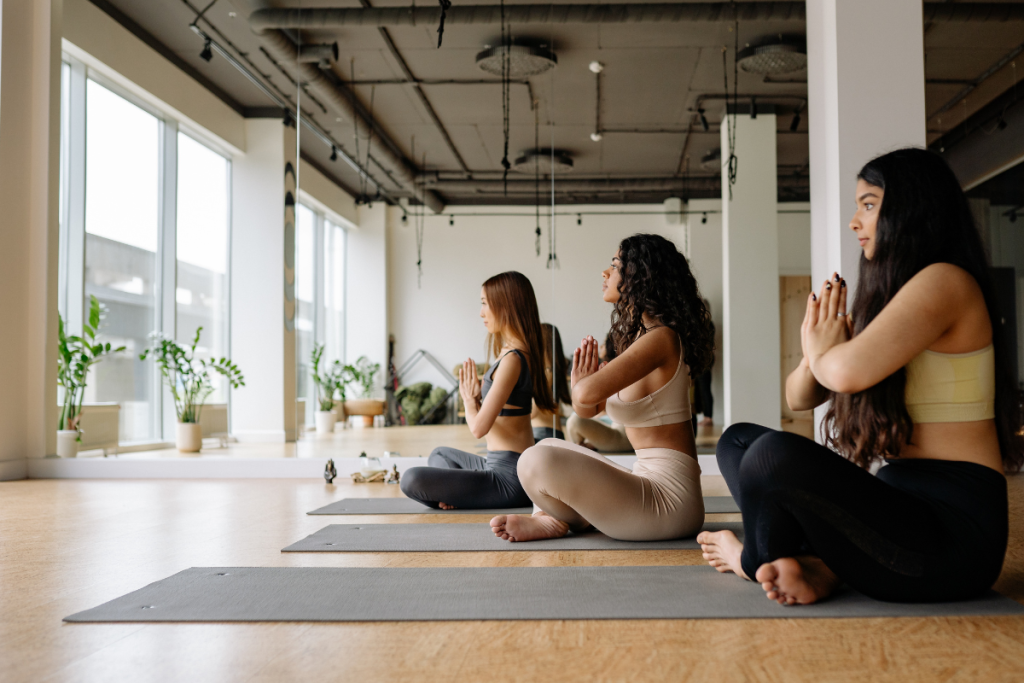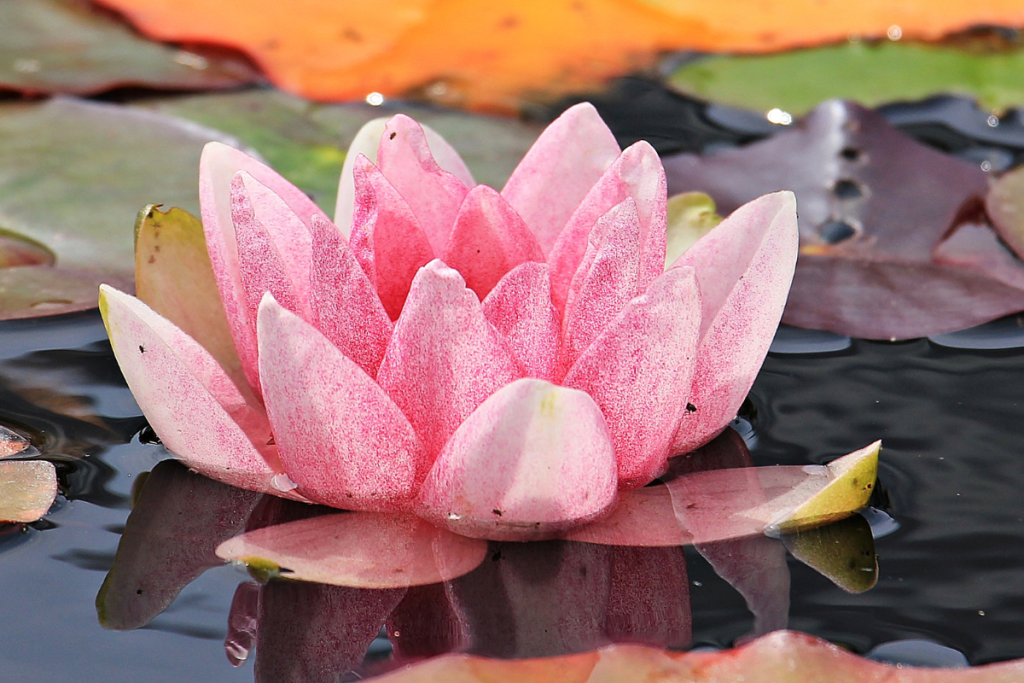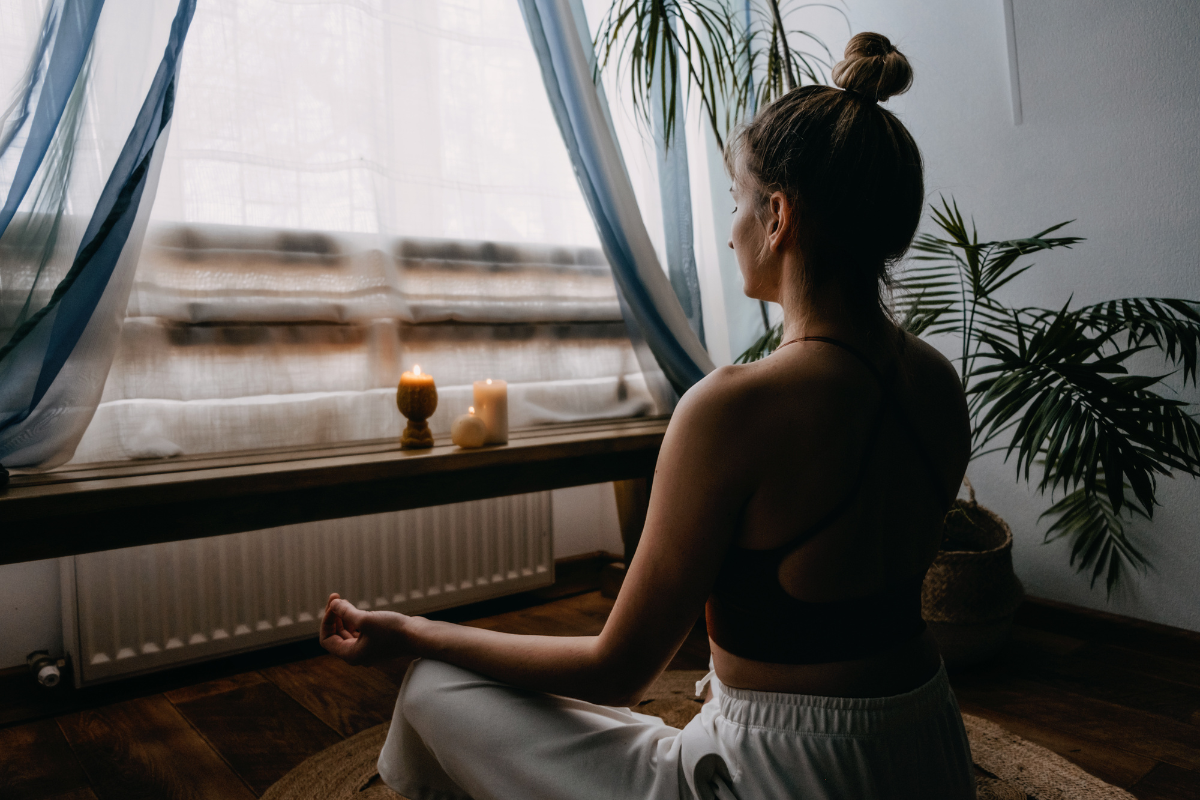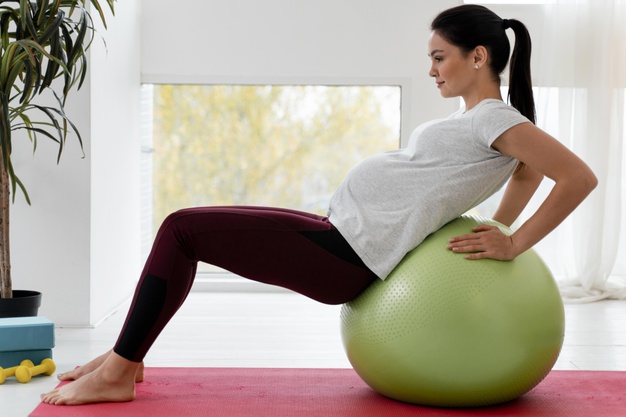In the daily rush of life, when we are surrounded by numerous responsibilities and stressful situations, time spent meditating can be an oasis of calm and breath. Not only is it a moment of tranquillity, it is also a practice that has numerous benefits for both body and mind. From improved memory to increased wellbeing, meditation has a powerful impact on our daily functioning. However, before we dive into the world of meditation, it's worth learning about the different types of meditation and understanding the principles. Here is a guide to meditation - the path to peace and balance in daily life.
What is meditation?
Meditation is an ancient practice with roots deep in human history. The word 'meditate' is derived from the Latin 'meditatum' and 'meditare', meaning 'to ponder' and 'to be in the centre of' respectively. This oriental technique focuses on calming the mind, increasing concentration and being present in the moment. Its benefits are not only limited to the mental realm, but also translate into physical health. Regular practice of meditation can lead to a reduction in stress levels, an increase in vital energy and getting to know oneself on a new, deeper level. Today, meditation is not only an important part of many religious traditions, but it is also gaining increasing interest as an effective method of self-development and relax.
Meditation in the fight against stress

Meditation for stress can take many forms. However, it always seeks to achieve calmness and mental focus. Its aim is not only to relieve tension, but also to find inner balance and harmony. There are many meditation techniques. There is no one universal best one - the key is to tailor the practice to your own needs and goals. Therefore, it is worth experimenting with different types of meditation to find the one that best suits your needs. One of the most commonly recommended for beginners is breath meditation, which helps to calm thoughts and rebalance the body and mind by focusing on the breath. However, meditation mindfulness, becoming increasingly popular, focuses on the full and conscious experience of the present moment. It allows us to increase our awareness of ourselves and our surroundings.
Meditation time to start! Where to start?
One of the most common and well-known ways to begin a meditation practice is to sit in the traditional lotus position, with legs crossed and feet pointing upwards. Nevertheless, the choice of position is not of great importance. What is important is that you feel comfortable, but also not so comfortable that you fall asleep. So you can meditate while sitting in a chair or armchair, standing, or even moving around the room. A simple way to start meditating is to focus on your breath and let your thoughts flow freely from your mind.
For those just beginning their journey with meditation, using guided meditation can be a good idea. In this case, you can use a recording available online and concentrate on the words of the guide. The length of such a practice can vary, with beginners usually meditating for only a few minutes, while experienced ones can continue for up to an hour or more.
Starting to meditate actually requires no special equipment or attire. The key is to find a few minutes or so each day for yourself and a place that is quiet and conducive to tranquillity. Although meditation can be difficult at first, do not be discouraged. Gradual practice will help to relieve stress and unnecessary thoughts, and regular practice, even for a dozen minutes a day, can bring significant benefits.

What are the benefits of meditation?
Numerous scientific studies have shown that meditation benefits both mental and physical health. It reduces both physical and mental stress. Stressful situations can lead to harmful health consequences such as sleep disorders, depression or elevated blood pressure. Meditation helps to achieve calmness, relieves the severity of stress-related symptoms and reduces the risk of illnesses such as irritable bowel syndrome and fibromyalgia. It reduces anxiety, which is beneficial for people with generalised anxiety disorder. Mindfulness exercises and meditation can help alleviate symptoms of anxiety, increase stress reactivity and improve positive self-talk. It alleviates symptoms of depression by improving self-esteem and a positive outlook on life. Certain meditation techniques can help improve self-esteem and lead to a more optimistic approach to life, which alleviates symptoms of depression and feelings of sadness and hopelessness.




